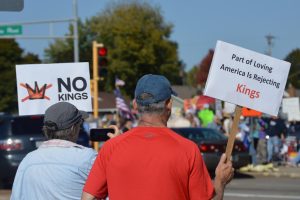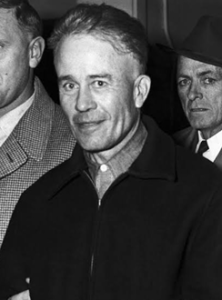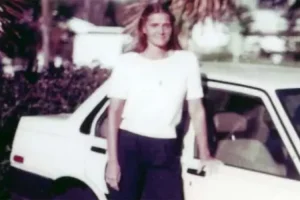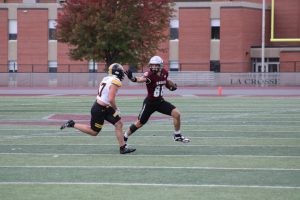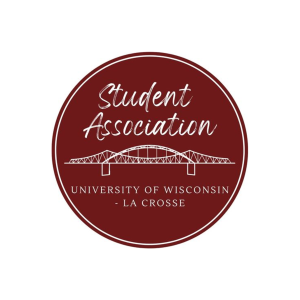ABC’s Mary Bruce Visits UW-L
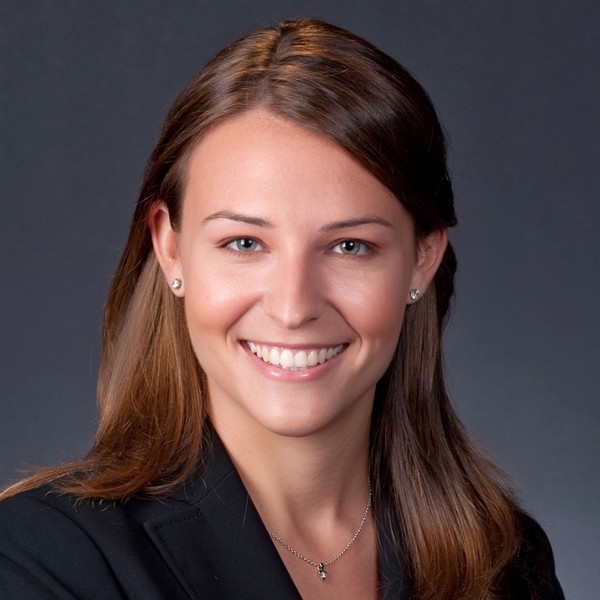
Retrieved from adweek.com
April 24, 2017
The University of Wisconsin-La Crosse hosted Mary Bruce, a congressional correspondent with ABC, to discuss the media’s role with politics in the 21st century. The event was a paneled discussion giving UW-L staff and students an opportunity to ask questions.
Bruce has worked as a correspondent for ABC News and was at the forefront of the 2016 presidential election; now, she works at the U.S. Capitol in Washington D.C. Currently, she covers national topics like the approval of Supreme Court justice Neil Gorsuch, Russia’s ties with the president, and the healthcare reform. The presentation highlighted the dynamics between media and the political implications that can be behind their coverage, as well as coping with the public’s views on their work.
Bruce wasn’t originally interested in journalism, she studied history and Spanish in college, but she grew up in Washington D.C. which peaked her interest in politics. She discussed how journalists now need to dabble in everything to succeed. They need skills in writing, shooting, editing, and must be capable to adapt to any situation.
Bruce reiterated how important it was to ask tough questions, especially in an age when credibility of the media was being attacked from all angles. The relationship might not always be the same as the public thinks. She referenced a clip when she asked a congressman tough questions. Bruce stated, “It’s a long game and both sides of this coin need each other.” “It’s not the press’s job to be liked,” explained Bruce. Media staff and many politicians often work in the same building and see each other everyday, but they both have jobs to accomplish regardless of each other.
Social media became a topic of conversation, particularly Twitter. The ability to have a constant news cycle with high accessibility to a variety of audiences was something unseen before in the news industry. Bruce mentioned that seeing global markets completely shift because of a tweet is unprecedented, but it added a new dynamic to reporting. Bruce noted, “A lot of this rhetoric is a tactic to say hey look over here and get distracted.”
This topic then led to conversations regarding fake news. Bruce pronounced, “The growth of fake news if anything, makes you want to double down on the fundamentals.” She admitted it was dependent on both parties, the media and audience, to fact-check and determine credibility.
“There is something addictive about it, you get a rush being in the middle of all of it,” stated Bruce. She even mentioned colleagues who had put all of their belongings into storage so they could hit the road for two years to cover campaigns. The rush was put in perspective for people on the outside, “It’s democracy in its rawest form and you’re right there, front row.”
One question came from a member of the community that gave his personal theories about the 2016 presidential election and the media’s culpability in the result. Bruce responded by acknowledging how important their role had been, and that most in the industry predicted incorrectly, but was focused on the current administration and how to move forward.
Politics and media have been intertwined in unique ways recently, but it didn’t make a difference to her. Bruce concluded, “I really think there’s never been more of an exciting time to be a journalist.”

